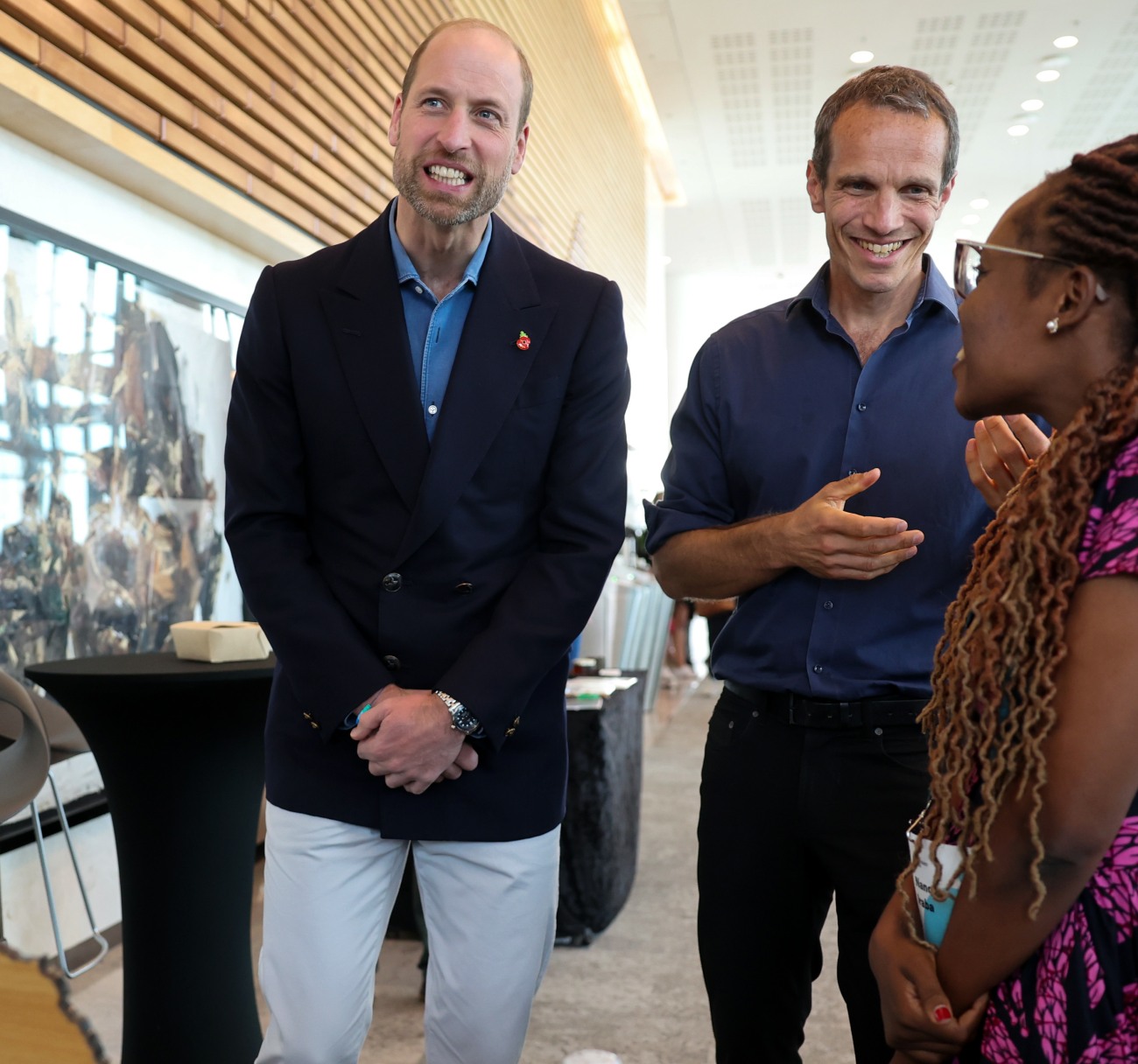ARTICLE AD
“We’re in a crisis situation,” Picturehouse Managing Director Clare Binns concluded this morning when quizzed on the current challenges facing British cinemas during an appearance at the UK’s British Film & High-End TV Inquiry.
Binns, who has been with Picturehouse since 2003, was joined in front of the committee by Vue CEO Tim Richards and Alex Hamilton, CEO of Studiocanal UK. The trio spoke for over an hour about various topics surrounding the distribution and exhibition of British films, each with differing opinions and approaches.
“The industry is in a bit of crisis at the moment because it doesn’t really know where the future is,” Binns continued. “Since COVID, streamers coming into the marketplace and now the franchise movies are costing more to make and the profits are less than they were. So the studios are looking now at what they’re making.”
Binns added that the runaway success of Greta Gerwig’s Barbie and Christopher Nolan’s Oppenheimer perhaps signposted a future dominated by original movies following a decade ruled by franchises. Hamilton, however, raised some skepticism about whether such event cinema can have a serious impact on British cinema culture.
“We must remember that certain events like Barbenheimer were essentially orchestrated out of Los Angeles,” he said. “They may have been made with lots of British talent or made in Britain in one of the cases but all the key decisions around that film in terms of its production and distribution were made in Los Angeles and rolled out across the world that way.”
He added: “It is really important that if we want to establish a notion of a British film industry over the next 10 years we consider how it can have a commercial impact in its own market.”
Hamilton said Studiocanal has been responsible for two of the three highest-grossing British movies so far this year with Wicked Little Letter and Back To Black. He added that “robust work” done by exhibition, distribution, and Hollywood has overall “led to a great proliferation of content” but also “shifted the playing field away from British cinema.”
“The commercial performance of British films is under very serious threat,” he said.
Richards’s view on the current landscape was far more optimistic, citing one sole gripe. He said there aren’t enough films in the market to service demand.
“This year there are some amazing films coming out of all genres both British, foreign, and Hollywood. But there’s just not enough of them,” he said.
“In 2022, there were 35% fewer films than pre-pandemic. Last year, 20%. This year is probably gonna be close or slightly worse than last year. The good news is that film production has been ramping up. I think we’re gonna see a large number of films return. This is a business worth saving. It’s not broken. We revitalize high streets, we drive footfall to shopping centers. We have been going from strength to strength and I think we’ll see that return.”
Richards later echoed Hamilton’s concern about the commercial performance of British films and encouraged the BFI to focus on commercial talent. Alongside his work at Vue, Richards was BFI chair from 2021 to 2024.
“The BFI has done an extraordinary job in the last few years. Not just under my tenureship but under previous ones too. The only thing I’d say for the BFI going forward is not to be afraid of commercial British films,” he said. “And to not be afraid to identify and nurture commercial British films. That might be part of the bigger issue is that there’s been too much commitment to the commercial side at the cost of commercial.”
The parliamentary inquiry into British Film & High-End TV is set to continue in the coming weeks with an appearance from the BFI.

.png) 11 months ago
53
11 months ago
53 

